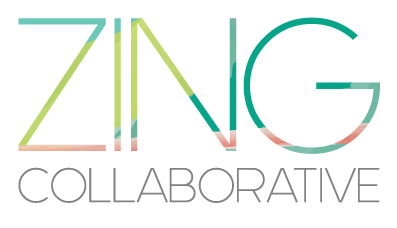Censorship versus Intellectual Honesty
Censorship versus Intellectual Honesty
Seldom has censorship ended up on the right side of history.
Censorship is the suppression of speech, public communication, or other information, which may be done on the basis that such material is considered objectionable, harmful, sensitive, or inconvenient. Censorship can be conducted by governments, private institutions, and other controlling bodies. (source: Wikipedia)
It’s been said that “Censorship has followed the free expressions of men and women like a shadow throughout history” (source: Beacon for Freedom of Expression) and that the most famous case of censorship in ancient times is that of Socrates, sentenced to drink poison in 399 BC for his corruption of youth and his acknowledgement of unorthodox divinities.
Censorship takes various forms.
The most famous book burning in history took place in May of 1933. Nazi-dominated student groups carried out public burnings of books that they claimed to be “un-German.” The book burnings took place in 34 university towns and cities, and works of prominent Jewish, liberal, and leftist writers ended up in bonfires.
The Nazi student association created blacklists of certain works — including works by Ernest Hemingway. After the burnings, warehouses, libraries, and book stores were raided to confiscate additional materials that were deemed to be “un-German.” The goal was to bring art and culture in line with Nazi goals. (source: Holocaust Encyclopedia)
The novel Fanny Hill, written by John Cleland in 1748, was banned longer than any other work in the United States. It was prohibited in 1821 and not legally published until the Supreme Court overturned the ban in Memoirs versus Massachusetts in 1966. (source: ThoughtCo)
Other censored or banned works throughout history include:
A work by Victoria Woodhull detailing an affair: censored by Anthony Comstock, who was said to hate feminists and who made a career out of censorship, even searching people’s mail for “obscene” materials, and who boasted that his censorship led to the suicides of 15 “smut peddlers.”
Ulysses: banned in 1921, due to a masterbation scene (overturned by United States v. One Book Called Ulysses in 1933).
Portrayals of interracial or same-sex relationships, and any content that was deemed anti-religious or anti-Christian, under The Hays Code - a code that was adopted by the film industry as a way to avoid outright censorship.
Lady Chatterley's Lover, deemed by Senator Reed Smoot “damnable,” and "written by a man with a diseased mind and a soul so black that he would obscure even the darkness of hell!" even though he had apparently not read the book.
(source: ThoughtCo)
Threatened works have included The Pentagon Papers, published in 1971 by the New York Times, George Carlin's "Seven Dirty Words" for being “indecent,” and the Superbowl Halftime show after Janet Jackson’s breast was partially exposed. (source: ThoughtCo)
In the last week alone, a few observations of censorship have included:
A well-researched and factual article from a colleague in the health industry about readily available supplements and anti-virals that can be supportive during this time — the article was pulled from Medium.
Numerous other factual posts and articles that offer supportive ways to care for our immune system and our health – these posts and articles magically disappeared.
Books from blacklisted authors, as well as from authors who have “liked” a single tweet from these blacklisted authors in the past.
Intellectual Honesty is a method of problem solving, characterized by an unbiased, honest attitude. We demonstrate intellectual honesty by holding the idea that:
One's personal beliefs or politics do not interfere with the pursuit of truth
Relevant facts and information are not purposefully omitted even when such things may contradict one's hypothesis
Facts are presented in an unbiased manner, and not twisted to give misleading impressions or to support one view over another
References, or earlier work, are acknowledged where possible, and plagiarism is avoided.
(source: Wikipedia)
At this moment in time, we must ask ourselves: what side of history do we want to be on?
Do we want this period to be another line in the history books as an example of censorship and suppressing information that is deemed inconvenient or that might conflict with our personal beliefs?
Or, do we want to take a stand for intellectual honesty – inviting a variety of perspectives, points of view, and pieces of relevant information in the collective pursuit of truth and positive change?
My vote is for intellectual honesty. Will you join me?
To Read More:

